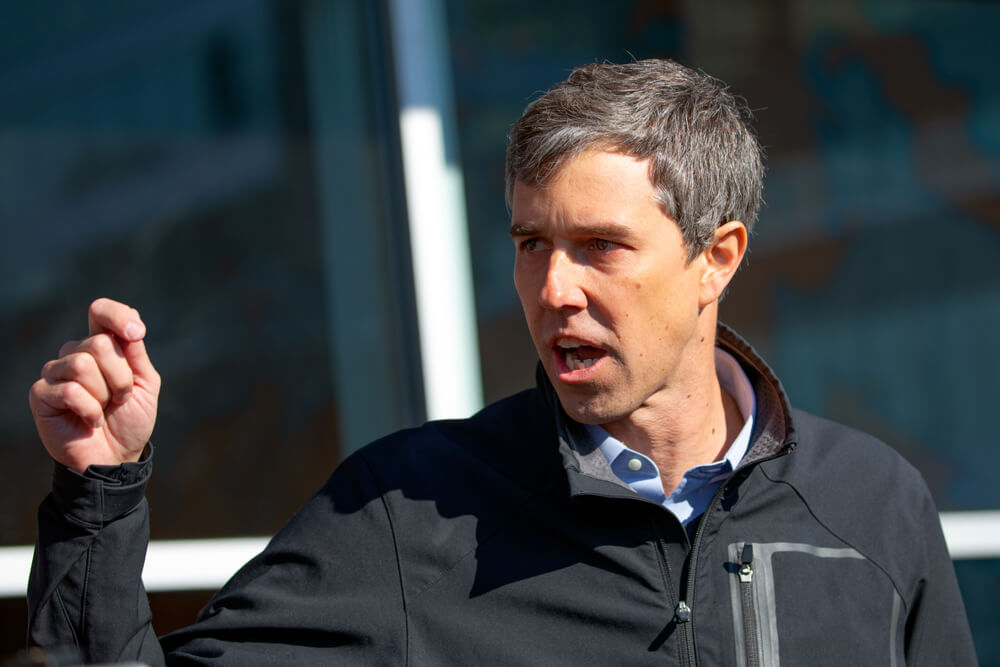Presidential hopeful Beto O’Rourke announced a climate change plan of his own Monday, calling for $5 trillion to address climate change largely funded by changes to the tax code — in other words, a tax hike paid by corporations and the wealthy.
The former Texas congressman who narrowly lost his bid to take Ted Cruz’s Senate seat in the November midterm elections pitched his 10-year plan that seeks to spur investment in clean energy and energy efficiency, and achieve net-zero greenhouse gas emissions by 2050. The plan also seeks to shore up communities that are vulnerable to the impacts of global warming.
“The greatest threat we face — which will test our country, our democracy, every single one of us — is climate change,” O’Rourke wrote in a statement published Monday. “We have one last chance to unleash the ingenuity and political will of hundreds of millions of Americans to meet this moment before it’s too late.”
O’Rourke is of course just the latest Democrat to introduce a massive climate change plan. Freshman Rep. Alexandria Ocasio-Cortez recently released her Green New Deal, and some of O’Rourke’s plan pieces dovetail with it. Though, O’Rourke’s plan is different in that the government and taxpayers don’t fund the entire thing.
O’Rourke’s plan seeks to leverage an initial government investment in order to spark private spending, while Ocasio-Cortez’s plan basically says the Fed should just print more money to pay for the estimated $51 trillion to $93 trillion Green New Deal price tag.
The first bill O’Rourke would send to Congress is a $1.5 trillion investment in infrastructure, innovation and communities. The bill would change the tax code to “ensure that corporations and the wealthiest among us pay their fair share” and end billions of dollars in tax breaks for fossil fuel companies.
The bill would include $600 billion in tax credits and direct investments in infrastructure O’Rourke says will mobilize $4 trillion in additional capital spending. His campaign says it will break down to about $1 trillion in spending, accelerating the development of new energy efficient and alternative power technologies that slash emissions. Another $3 trillion would be underpinned by institutions like the Rural Utility Service and a new finance authority.
The bill also would allocate $250 billion to encourage private investment in R&D and climate science. Another $650 billion investment would spur $1.2 trillion in grants for housing, transportation, public health, job training and more benefits for those “on the front-lines of a changing climate and those disrupted by the forces of an economy in transition.”
O’Rourke also said he would sign a number of executive orders reversing Donald Trump policies, including re-instating the United States in the Paris climate agreement. Trump, a climate change skeptic, pulled the U.S. out of the agreement to reduce carbon dioxide emissions.




